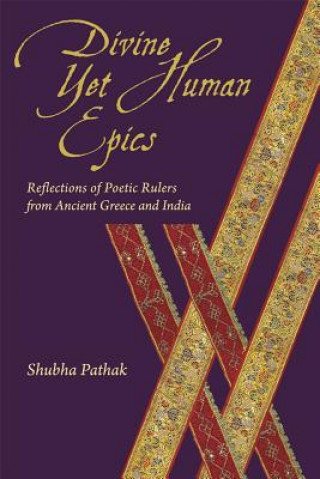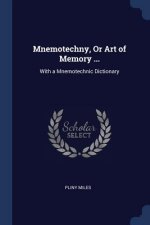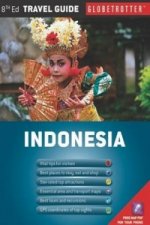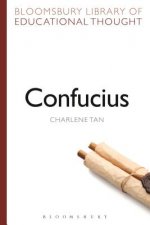
Dostawa
Doradca ds. zakupów





Jednak się nie przyda? Nic nie szkodzi! U nas możesz zwrócić towar do 30 dni
 Bon prezentowy
O dowolnej wartości
Bon prezentowy
O dowolnej wartości
Bon prezentowy to zawsze dobry pomysł. Obdarowany może za bon prezentowy wybrać cokolwiek z naszej oferty.
Divine Yet Human Epics
 Angielski
Angielski
 74 b
74 b
 common.delivery_to
common.delivery_to
30 dni na zwrot towaru
Mogłoby Cię także zainteresować


The central character of "Divine Yet Human Epics" is the developing conception of epic itself. Its story unfolds as the ancient Greek idea of epic originates with Pindar and Herodotus on the basis of the "Iliad "and "Odyssey." While this notion eventually leads their Sanskrit counterparts, the "Ramaya?a "and "Mahabharata, " to be understood selectively in modern times, medieval readers Anandavardhana and Rajasekhara reveal distinctive features of these ancient Indian poems earlier in this exegetical tale. Shubha Pathak's interpretative account concludes with a new way to connect these primary epics to their Greek analogues. Both epic pairs feature poetic kings who together affirm and interrogate their societies' central religious ideals: Greek "kleos" (or heroic glory, which assuages uncertainty about the afterlife) and Indian "dharma "(or righteousness, which counters encroaching immorality). The Greek and Sanskrit epics, by showing both the divine ease and the human difficulty with which "kleos" and "dharma" are achieved, employ similar teaching strategies to address the shared psychological needs of human beings learning to live within the disparate cultures of ancient Greece and India. This cross-cultural comparative study thus provides a more comprehensive perspective on the poems' religiosity than the vantage points of Hellenists or of Indologists alone."
Informacje o książce
 Angielski
Angielski




 Jak kupować
Jak kupować



























